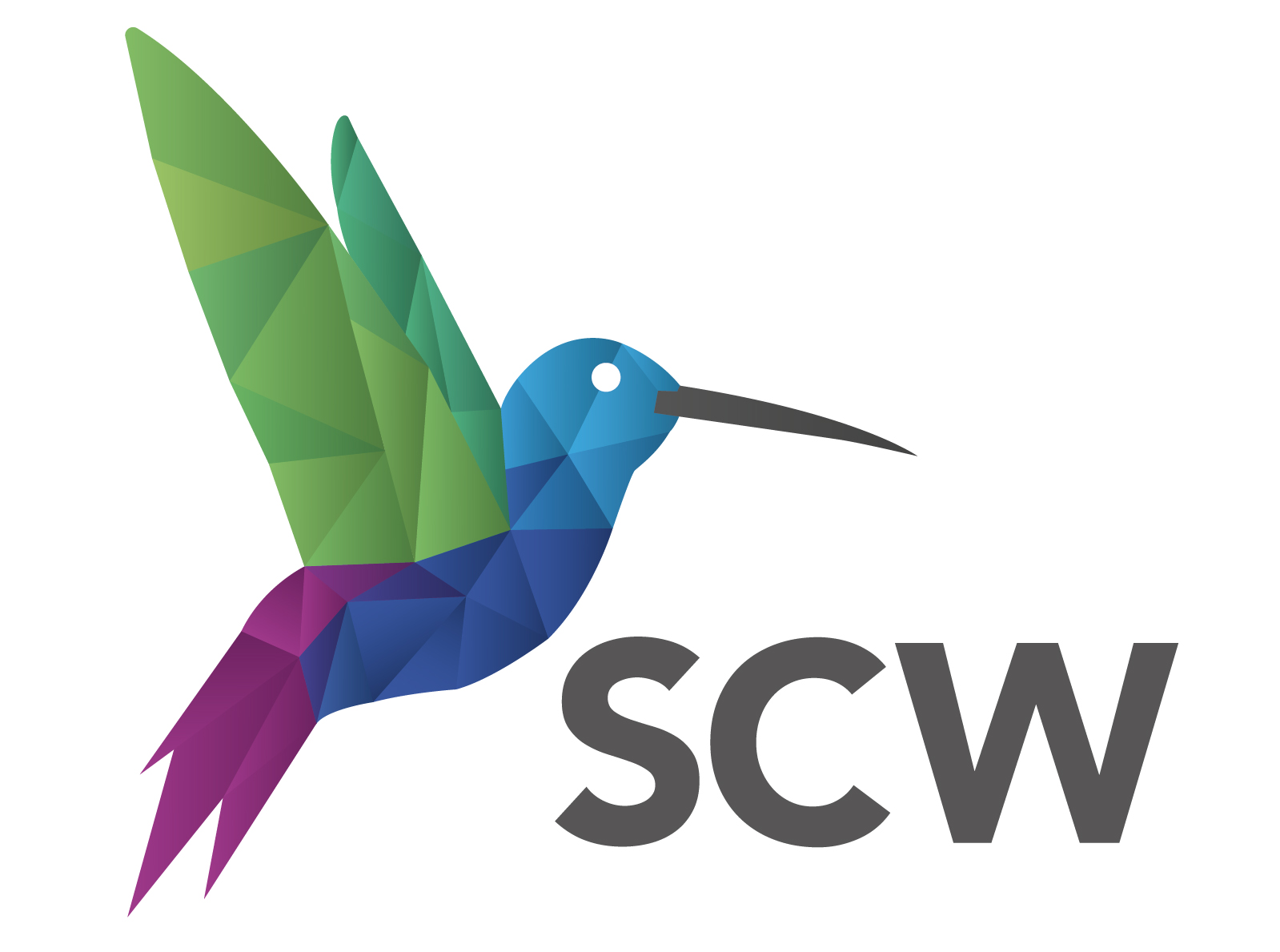References
Aschwanden, Christie. 2015. “Science Isn’t Broken: It’s Just a
Hell of a Lot Harder Than We Give It Credit For.”
FiveThirtyEight. https://fivethirtyeight.com/features/science-isnt-broken/.
———. 2016. “Statisticians Found One Thing They Can Agree on: It’s
Time to Stop Misusing p-Values.” FiveThirtyEight. https://fivethirtyeight.com/features/statisticians-found-one-thing-they-can-agree-on-its-time-to-stop-misusing-p-values/.
Blackwell, Matthew. 2023. “A User’s Guide to Statistical Inference
and Regression.” https://mattblackwell.github.io/gov2002-book/.
Çetinkaya-Rundel, Mine, and Johanna Hardin. 2021. Introduction to
Modern Statistics. OpenIntro. https://openintro-ims.netlify.app/.
Fisher, Ronald A. 1956. “Statistical Methods and Scientific
Inference.”
Gelman, Andrew. 2016. “The Problems with p-Values Are Not Just
with p-Values.” The American Statistician 70. http://www.tandfonline.com/doi/full/10.1080/00031305.2016.1154108.
Gelman, Andrew, Jennifer Hill, and Aki Vehtari Vehtari. 2020.
Regression and Other Stories. Cambridge University Press.
Gelman, Andrew, and Eric Loken. 2021. “The Statistical Crisis in
Science.” American Scientist 102 (6): 460. https://doi.org/10.1511/2014.111.460.
Gelman, Andrew, and Hal Stern. 2006. “The Difference Between
"Significant" and "Not Significant" Is Not Itself Statistically
Significant.” The American Statistician 60 (4): 328–31.
Greenland, Sander, Stephen J. Senn, Kenneth J. Rothman, John B. Carlin,
Charles Poole, Steven N. Goodman, and Douglas G. Altman. 2016.
“Statistical Tests, p-Values, Confidence Intervals, and Power: A
Guide to Misinterpretations.” European Journal of
Epidemiology 31: 337–50.
James, Gareth, Daniela Witten, Trevor Hastie, and Robert Tibshirani.
2013. An Introduction to Statistical Learning. Springer. https://www.statlearning.com/.
James, Gareth, Daniela Witten, Trevor Hastie, Robert Tibshirani, and
Jonathan Taylor. 2023. An Introduction to Statistical Learning.
Springer. https://www.statlearning.com/.
Jordan, Jeremy. 2017. “Hyperparameter Tuning for Machine Learning
Models.” https://www.jeremyjordan.me/hyperparameter-tuning/.
Kuhn, Max, and Julia Silge. 2023. Tidy Modeling with r. https://www.tmwr.org/.
Lakens, Daniel. 2022. Improving Your Statistical Inferences. https://doi.org/10.5281/zenodo.6409077.
Lindeløv, Jonas Kristoffer. 2019. “Common Statistical Tests Are
Linear Models.” https://lindeloev.github.io/tests-as-linear/.
McElreath, Richard. 2023. “None of the Above.” https://elevanth.org/blog/2023/07/17/none-of-the-above/.
Poole, Charles. 2022. “The Statistical Arc of
Epidemiology.” Presented at the "What is the Value of the
P-Value?" Panel Discussion, Cosponsored by UNC TraCS, Duke University,
and Wake Forest University CTSA Biostatistics, Epidemiology and Research
Design (BERD) Cores.
Popper, Karl. 1935. The Logic of Scientific Discovery.
Routledge.
Prytherch, Ben. 2022. DSCI 335: Inferential Reasoning in Data
Analysis. https://bookdown.org/csu_statistics/dsci_335_spring_2022/.
Sinikumpu, Suvi-Päivikki, Jari Jokelainen, Juha Auvinena, Markku
Timonen, and Laura Huilaja. 2021. “Association Between
Psychosocial Distress, Sexual Disorders, Self-Esteem and Quality of Life
with Male Androgenetic Alopecia: A Population-Based Study with Men at
Age 46.” BMJ Open 11 (12).
Wasserstein, Ronald L., and Nicole A. Lazar. 2016. “The ASA
Statement on p-Values: Context, Process, and Purpose.” The
American Statistician 70 (2): 129–33. https://doi.org/10.1080/00031305.2016.1154108.
Wasserstein, Ronald L., Allen L. Schirm, and Nicole A. Lazar. 2019.
“Moving to a World Beyond "p < 0.05".” The American
Statistician 73 (sup1): 1–19. https://doi.org/10.1080/00031305.2019.1583913.
Zablotski, Yury. 2019. “Statistical Tests Vs. Linear
Regression.” https://yury-zablotski.netlify.app/post/statistical-tests-vs-linear-regression/.
